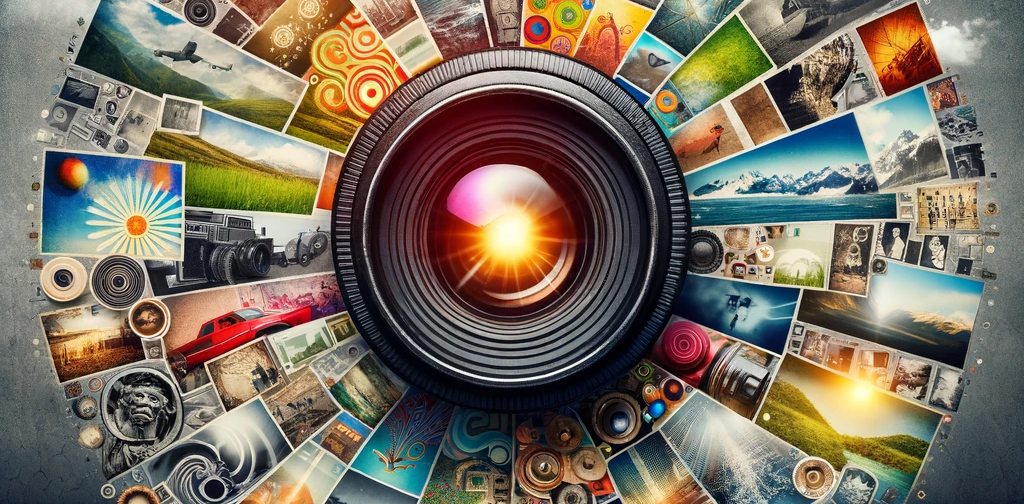
Photography & Images
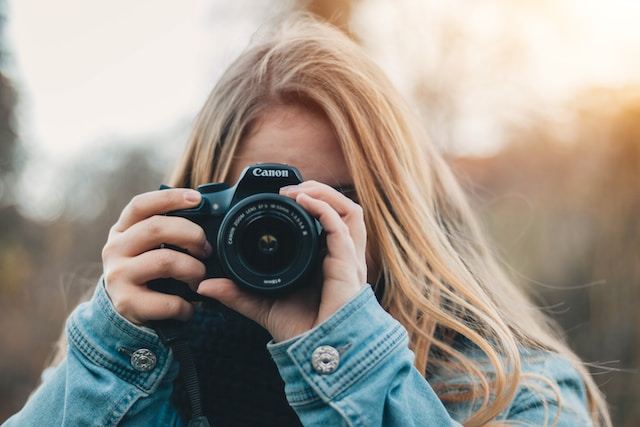
Photography is the art and practice of capturing images using a camera. It has become an integral part of our lives, documenting important moments, conveying emotions, and telling stories. From its humble beginnings to the digital age, photography has evolved and revolutionized the way we see and experience the world.
Camera Basics
To embark on your photographic journey, it’s essential to understand the equipment and gear required. Whether you’re using a DSLR, mirrorless, point-and-shoot, or even your smartphone, grasping camera settings like aperture, shutter speed, and ISO is crucial. Additionally, mastering composition techniques such as the rule of thirds, leading lines, and framing can greatly enhance your photographs.
Types of Photography
Photography offers a wide range of genres, each with its unique characteristics and challenges.
Landscape Photography
Landscape photography focuses on capturing the beauty and grandeur of natural landscapes, including mountains, valleys, forests, and seascapes. It aims to convey the vastness and serenity of the natural world, often emphasizing the play of light and shadows. Imagine exploring the best diving destinations, where underwater worlds meet the shoreline—these locales offer photographers unique subjects to include in their landscape compositions, showcasing the seamless integration of land and sea.
Portrait Photography
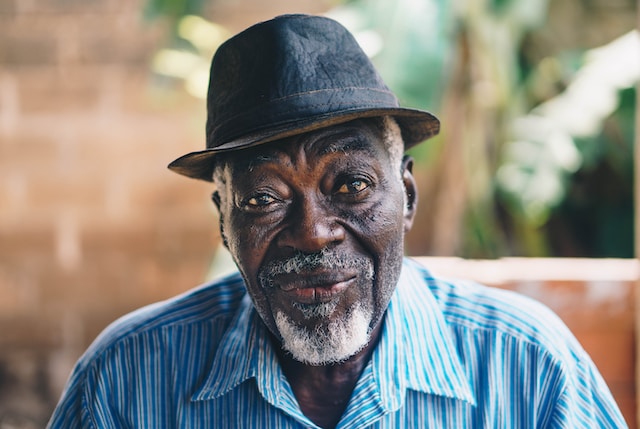
Portrait photography centers around capturing the essence and personality of individuals or groups of people. It involves skillfully using lighting, composition, and posing techniques to highlight the subject’s unique features and emotions.
Capturing portraits can range from formal studio portraits to candid shots that capture the subject in their natural environment.
Wildlife Photography
Wildlife photography involves photographing animals in their natural habitats. It requires patience, knowledge of animal behavior, and the ability to capture fleeting moments. Wildlife photographers often use long telephoto lenses to get close-up shots without disturbing or endangering the animals.
Event Photography
Event photograph is a great way to get experience in a lot of lighting situations and with varying types of shots. For example, you can take photos of cosplayers at sci-fi conventions, or at anime conventions, and by doing that you can practice all kinds of shots, from group photos to shots of people in action playing tabletop games. Some other types of events you can shoot at for experience include:
- Weddings and Engagements: These events are ideal for capturing emotional moments, portraits, and group shots in different lighting and settings.
- Corporate Events and Conferences: These gatherings provide experience in shooting formal settings, speakers, networking events, and sometimes low-light conditions.
- Music Concerts and Festivals: These are great for practicing low-light, action shots, and capturing the energy of a live performance.
- Sports Events: Offering a chance to capture high-speed action and learn how to anticipate moments.
- Cultural Festivals: Cultural festival events are rich in color and movement, providing diverse opportunities for vibrant and dynamic photography.
- Charity Events and Galas: High-profile events like these often feature important moments, speeches, and elegantly dressed attendees.
- Art Exhibits and Gallery Openings: Ideal for practicing shots of static objects, detailed work, and interactions of people with art.
- Street Festivals and Parades: These public events are excellent for candid shots, street photography, and capturing the essence of a community.
Street Photography
Street photography captures candid moments of everyday life in public spaces, such as streets, markets, and parks. It aims to document the human experience, often showcasing the interactions, emotions, and unique scenes that unfold in urban environments. Street photographers need to have a keen eye for composition and the ability to capture decisive moments.
Food Photography
Food photography focuses on capturing visually appealing images of food. It involves creating appetizing compositions, considering lighting and styling, and showcasing the textures, colors, and details of the dishes. Food photographers often work closely with chefs and food stylists to create enticing images for cookbooks, magazines, and advertising.
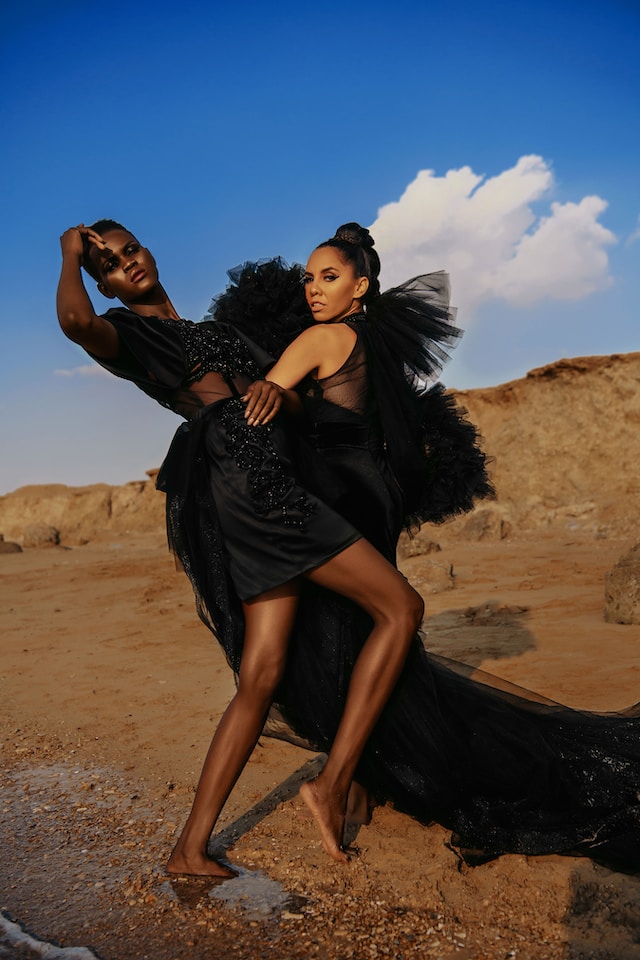
Fashion Photography
Fashion photography showcases clothing, accessories, and beauty products. It involves working with models, stylists, and makeup artists to create visually striking images that evoke emotions and showcase fashion trends. Fashion photographers need to have an understanding of fashion and how it evolved through the years along with strong sense of style, understanding of composition, and the ability to create a narrative through their images.
Sports Photography
Sports photography captures the action, excitement, and athleticism of various sports. It requires quick reflexes, knowledge of the sport being photographed, and the ability to anticipate and capture decisive moments. Sports photographers often use fast shutter speeds and long lenses to freeze the action and get close-up shots of athletes in motion.
Macro Photography
Macro photography involves capturing extreme close-up images of small subjects, such as insects, flowers, or intricate details. It requires specialized macro lenses or extension tubes to achieve high magnification ratios and reveal the intricate textures and details that are often unseen by the naked eye.
Architectural Photography
Architectural photography focuses on capturing the design, details, and aesthetics of buildings and structures. It often involves showcasing the architectural elements, symmetry, lines, and textures of buildings, both exterior and interior. Architectural photographers need to have a good understanding of perspective, composition, and lighting techniques.
Event Photography
Event photography involves capturing special occasions, such as weddings, concerts, conferences, and parties. It aims to document the atmosphere, emotions, and key moments of the event. Event photographers need to be adaptable, skilled in low-light photography, and able to work efficiently in dynamic environments.
Techniques and Skills
Great photographs go beyond just pressing a button. Understanding lighting techniques, exposure, depth of field, and focus can transform your images. Post-processing and editing can enhance the mood and aesthetics of your photographs.
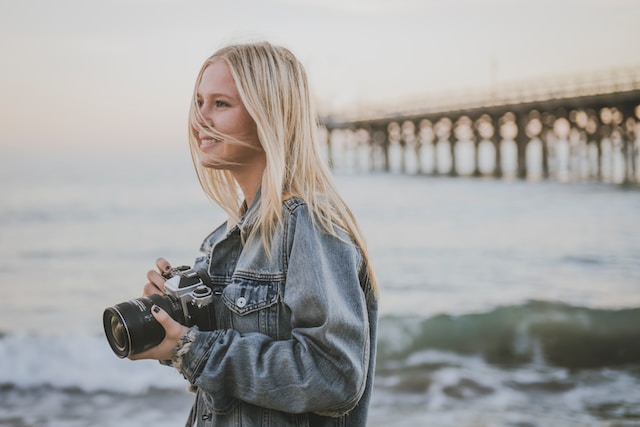
Learning to capture motion, compose visually compelling images, and work with different lenses are essential skills for every photographer.
Tips for Beginner Photographers
If you’re just starting out, don’t fret. Choosing the right camera and equipment, developing an eye for composition, practicing different techniques, seeking inspiration from other photographers, and having patience and persistence are key to improving your skills and finding your unique style.
As you venture into the world of photographs, remember that there is no one right way to take a photograph. Each photographer has their own style, vision, and approach. Don’t be afraid to experiment, take risks, and try new things.
Taking pictures and capturing images is not just about capturing objects or scenes. It’s about telling stories, evoking emotions, and expressing ideas. Let your photographs speak for themselves and convey your unique perspective on the world. Whether you’re photographing a bustling city street, a majestic natural landscape, or the simple moments of daily life, your camera can be a tool for empathy and understanding.
As you explore the different genres of capturing photographs, don’t be afraid to step out of your comfort zone and try something new. You may discover a passion for wildlife photography, or perhaps fashion photography resonates with you. Spend time studying the works of different photographers, learning new techniques, and challenging yourself to see the world in a different way.
Ethics and Legal Considerations
As photographers, it’s important to navigate ethical and legal considerations. Respecting privacy and obtaining consent when photographing people is crucial. Understanding copyright laws and intellectual property rights ensures that your work is protected, and that you respect the rights of others. It’s also essential to familiarize yourself with rules and regulations when photographing in public spaces.
Photography as a Profession
For those passionate about turning their love for taking photographs into a profession, there are various career paths available.
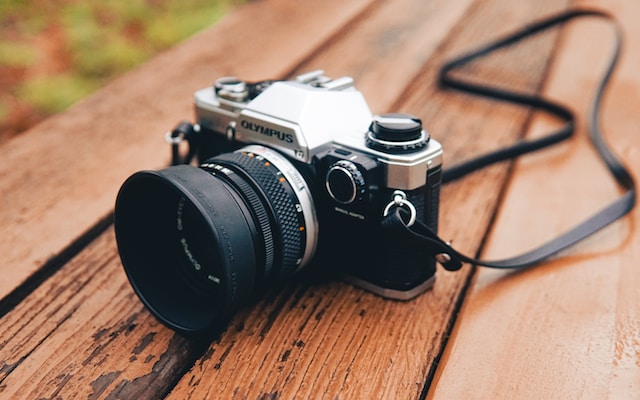
Building a portfolio, marketing your work, networking with potential clients, and balancing creativity with commercial projects are essential steps toward establishing a successful career as a professional photographer.
The Future of Photography
The future of photography is constantly evolving with technological advancements. Embracing new tools and techniques, exploring trends and innovations, and leveraging the power of social media and online platforms are vital for photographers to adapt and thrive in this ever-changing landscape.
Photography is a powerful medium that allows us to capture and preserve precious moments, express our creativity, and communicate with the world. So, whether you’re an aspiring photographer or a seasoned professional, let your passion guide you on an extraordinary visual journey.